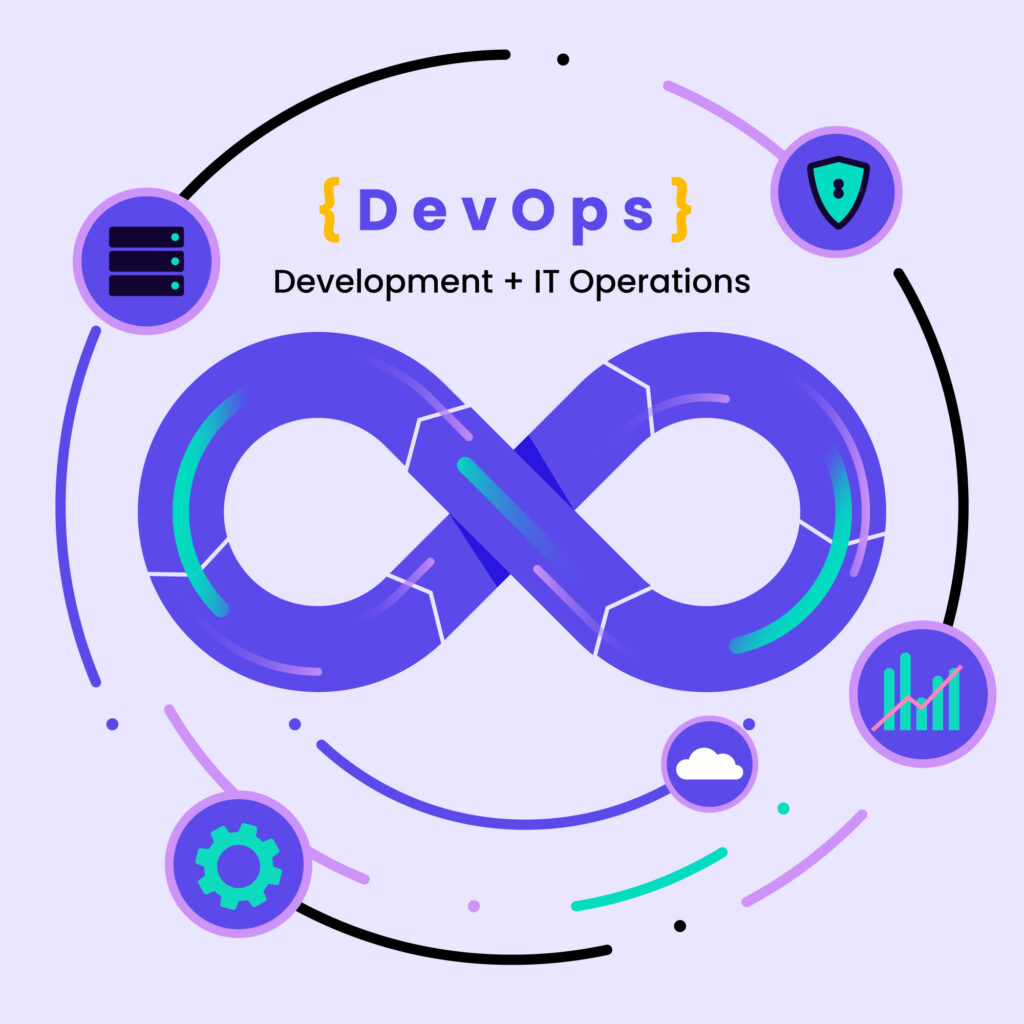DevOps Ethos

The DevOps Ethos: Transforming Modern Software Development
In today’s fast-paced digital era, software development has evolved beyond traditional practices. The DevOps ethos represents a paradigm shift in how development and operations teams collaborate, ensuring faster, more reliable software releases. This blog will explore the core principles, practices, and transformative impact of DevOps on modern enterprises.
What is DevOps?
DevOps, a blend of “Development” and “Operations,” emerged as a response to the need for streamlined collaboration between development and IT teams. By fostering a culture of shared responsibility, DevOps accelerates the software delivery process while improving quality, stability, and security.
The Core Principles of the DevOps Ethos
- Collaboration: Breaking down silos between development, operations, and other stakeholders.
- Automation: Using tools and scripts to reduce manual tasks and boost efficiency.
- Continuous Integration & Delivery (CI/CD): Ensuring rapid and reliable software releases.
- Monitoring and Feedback Loops: Enabling continuous improvement through actionable insights.
- Security as Code: Integrating security at every development stage.
Why the DevOps Ethos is Crucial for Modern Enterprises
Adopting the DevOps ethos helps organizations:
- Deliver software faster and more efficiently.
- Increase product reliability and reduce downtime.
- Enhance customer satisfaction through better user experiences.
- Scale development and deployment processes seamlessly.
DevOps Practices That Drive Success
- Version Control Systems: Tools like Git and SVN manage code changes.
- Infrastructure as Code (IaC): Technologies like Terraform and Ansible automate infrastructure provisioning.
- Automated Testing: Ensuring code quality through unit, integration, and end-to-end testing.
- CI/CD Pipelines: Tools like Jenkins and GitHub Actions streamline the development lifecycle.
- Containerization and Orchestration: Docker and Kubernetes enable efficient application deployment.
Overcoming Challenges in DevOps Adoption
While DevOps offers numerous advantages, organizations may face hurdles such as:
- Cultural Resistance: Addressing resistance to change through strong leadership and training.
- Skill Gaps: Providing continuous learning opportunities for team members.
- Tool Overload: Selecting a tech stack that aligns with business goals.
- Legacy Systems: Balancing modernization efforts with existing infrastructure.
Key Metrics to Measure DevOps Success
Success in DevOps can be measured using metrics such as:
- Deployment Frequency: How often code is released.
- Lead Time for Changes: The time between code commit and production deployment.
- Change Failure Rate: The percentage of failed deployments.
- Mean Time to Recovery (MTTR): The average time to restore service after a failure.
Real-World Success Stories of DevOps Adoption
- Netflix: Seamless continuous delivery of new features.
- Amazon: Automated infrastructure scaling for millions of users.
- Google: Efficient deployment processes reducing downtime.
DevOps Tools to Consider for Your Workflow
- Collaboration & Planning: Jira, Trello.
- CI/CD: Jenkins, GitLab.
- Monitoring & Logging: Prometheus, Grafana.
- Cloud Platforms: AWS, Azure, GCP.
Future Trends in DevOps
Emerging trends shaping the DevOps landscape include:
- AI-driven DevOps (AIOps): Leveraging AI to automate complex operations.
- DevSecOps: Integrating security practices throughout the development process.
- GitOps: Managing infrastructure with version control.
- Serverless & Edge Computing: Enhancing scalability and performance.
Conclusion
The DevOps ethos is revolutionizing modern software development, enabling organizations to deliver high-quality products faster, more securely, and at scale. By embracing DevOps principles, teams can achieve greater collaboration, automation, and continuous improvement.
